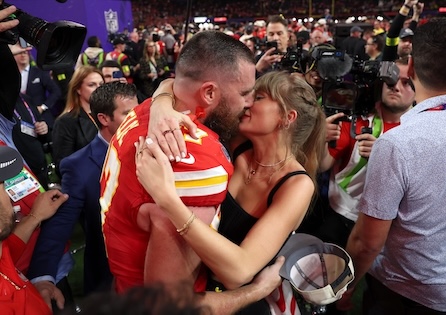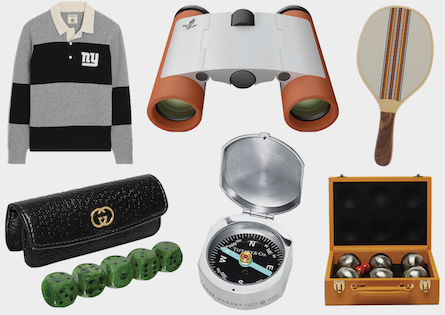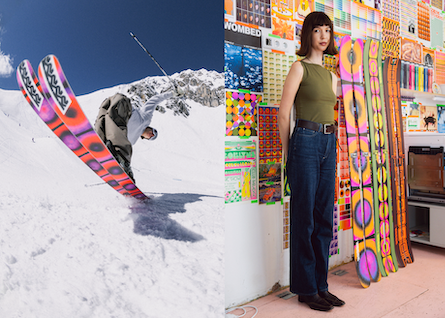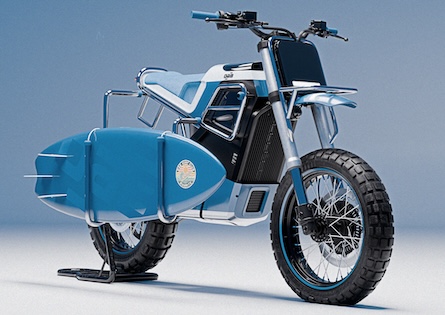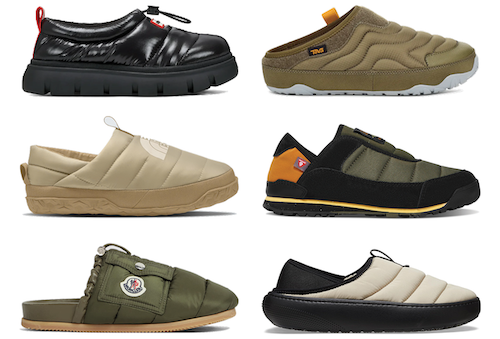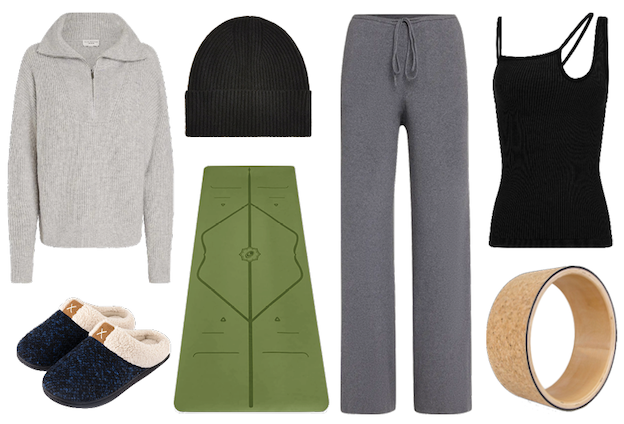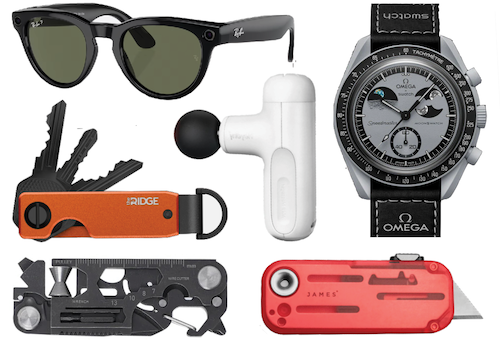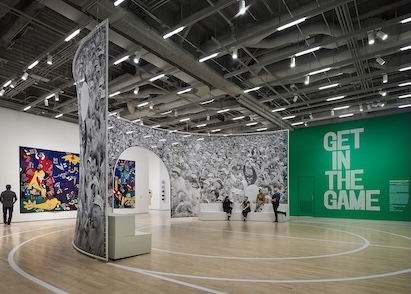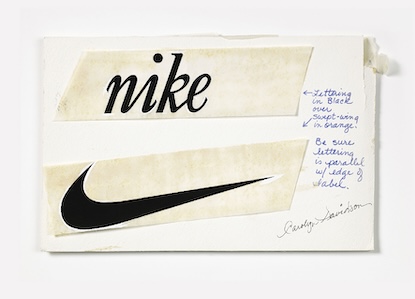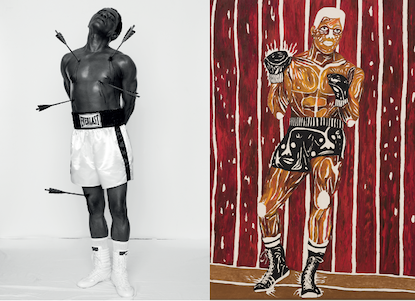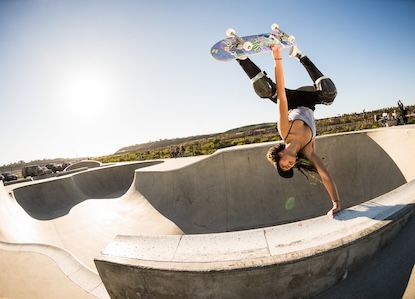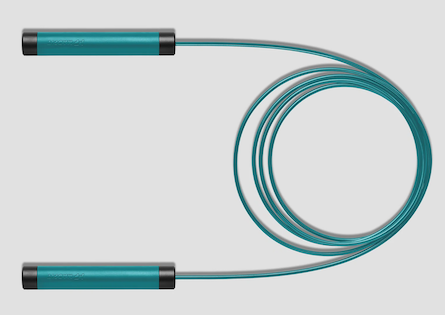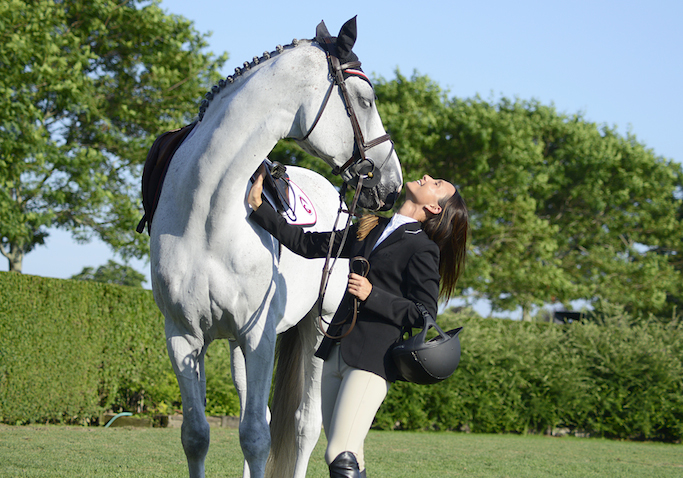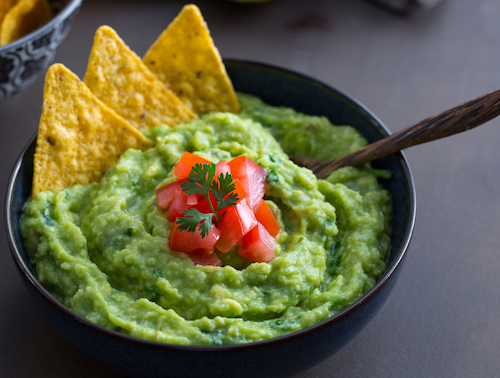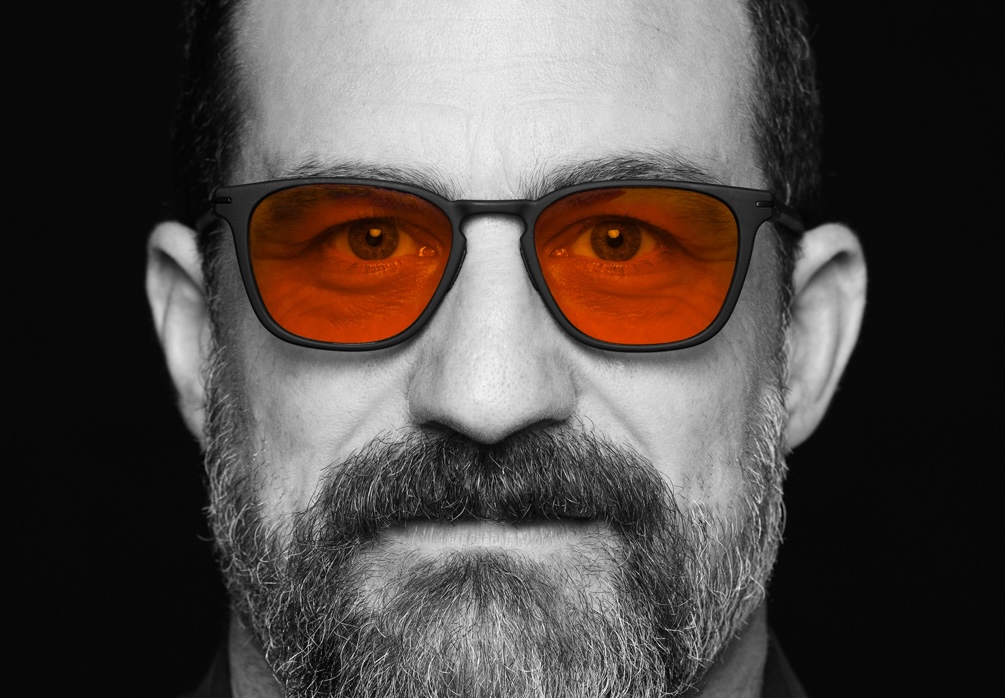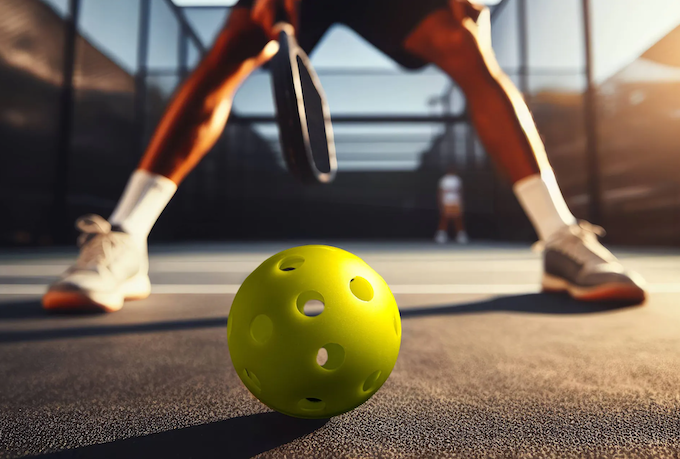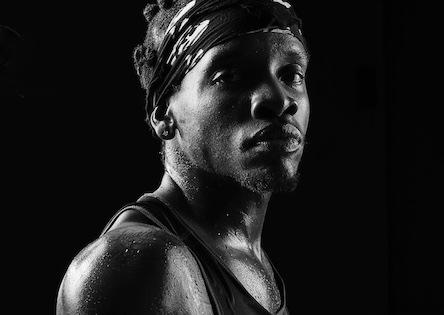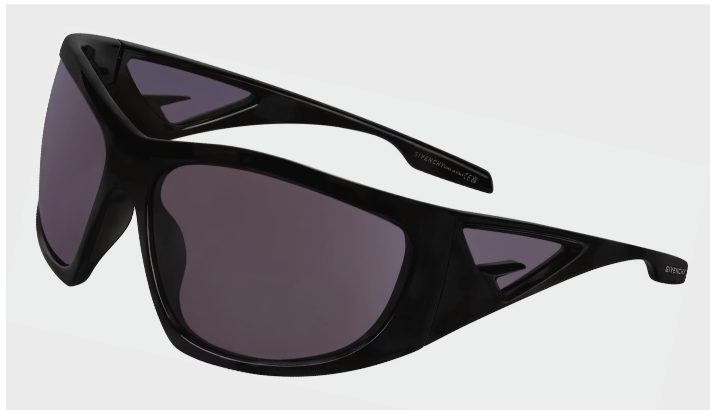GEORGINA BLOOMBERG AND “CROWN” AT THE HAMPTON CLASSIC
PHOTOGRAPHS BY DEBBY HYMOWITZ
This Sunday, one of the pinnacle events and grand finale to the Hamptons summer social scene takes place, The Hampton Classic Grand Prix. Always a star-studded affair, it attracts the see and be seen crowd who have come to watch the best riders in the world compete for the $250,000 prize.
Georgina Bloomberg, daughter of billionaire business magnate, philanthropist, and former Mayor of New York City, Michael Bloomberg, is one of the sport’s top competitors and one to watch on Sunday. Thoroughly impressive in her own right, we had the opportunity to meet her earlier this week and discovered the apple doesn’t fall too far from the tree. She is fiercely competitive, driven to succeed, and totally committed to the sport.
SOS: How did you get started riding? How did it become this passion? How did it become “Ok… this is my job?”
GB: I started riding when I was 4. My mother is English. She had grown up on horses and wanted me and my sister to take lessons and start riding. My sister started taking lessons and I just wanted to do everything she did so I started taking lessons too. I originally didn’t like it and was actually totally afraid of it, but as soon as I started being able to compete I fell in love with the competition and that part has never changed for me. I wouldn’t ride if I couldn’t show. I’m never going to ride for fun. I’m going to ride at the top level or not do it at all. There is no in-between for me.
SOS: Wow… that says so much about you.
GB: Yes, I’m very competitive. If I’m going to do something, I want to do it all the way. I go to the barn in the morning and work hard at it so I can go to a competition and win.
SOS: How did you balance riding with everything else growing up?
GB: I grew up in Manhattan. There is less of an understanding of the sport than outside the city where there are closer barns. I was a very rebellious teenager and said “FU” to anybody who didn’t want to take my way. For me it was difficult to balance because my teachers were not so understanding when I had to miss school to go to Florida to compete. So instead of trying to accommodate them more, I just basically gave up on school.
SOS: Well you graduated, so it all worked out.
GB: Yes… I graduated. I went to NYU. It all worked out. I realize now I was very grateful to have the education. I think it gives you good structure. I knew I had to go to school. It wasn’t really an option, as much as I didn’t want to do it. And I wanted to be able to ride. It teaches you this work ethic. You can go out Friday night and have fun with your friends but you have to still be able to wake up Saturday morning and be an athlete and work hard and perform. And the same thing with school. You have to figure out a way to balance both to make it work and work hard at both. You have to make sacrifices in everything that you do. I had to make sacrifices in school, sacrifices in sport, sacrifices in my social life. But to me you have to figure out what you want to do in life and then figure how to do it.
SOS: You are clearly very disciplined. You have a famous last name and most of us know who your father is. Was this drive something your family imposed or is it in the gene pool?
GB: Yeah, I think it’s in the gene pool. I mean listen, it would be very easy for me to sit back and say I’m not going to work hard or I’m just going to take things for granted, but I never did that. In fact, it was completely the opposite. I said, “You know what, people are going to expect things of me and judge me and assume I’m just given everything. I’m going to work twice as hard and prove them wrong.” One thing I did always learn from my father is whenever somebody says you can’t do something, you have to try twice as hard to do it and it feels twice as good when you accomplish it. I think one of the reasons I work so hard is I want to prove to everyone that I can do this on my own.
SOS: You speak a lot about a work ethic and you’ve got that hat in your trunk that says “Work Bitch.” Talk to me about that work ethic.
GB: I’ve always been competitive when it comes to sports. I’ve always loved winning — this idea of being able to work really hard at home and then go to a horseshow and show that off. People ask if I get nervous with these crowds or with the spotlight on you. And I say no. For me that’s what I work so hard for. I love that. I crave that. The bigger the spotlight the better. The more people the better. There are going to be times when it doesn’t go well or you embarrass yourself or you fall on the first jump. That happens, but to succeed you have to risk failure. You can never know until you try.
SOS: Speaking of the spotlight, let’s talk about The Hampton Classic. This show gets a lot of attention and attracts a star-studded crowd. How does this show compare with others?
GB: This show definitely has a different kind of spotlight. It gets a lot of attention. It draws people who don’t usually come to horseshows. There are horseshows we go to, like in Europe, that getter bigger crowds, more exposure, more press, but the New York Daily News doesn’t come to other shows to shoot people. You don’t get the same crowd that you do at the Grand Prix on Sunday in the VIP tent. It’s people who don’t come to another horseshow all year. Definitely for me being a local New Yorker there is a certain amount of attention and more pressure to do well, to come and be on.
SOS: The thing I find is that most people are here because it’s a big social event. What I like to highlight is that it’s actually an athletic competition, and that the Grand Prix is a phenomenal athletic event. Those jumps are crazy high and what also amazes me is that it’s men and women competing in the same event.
GB: It’s the only Olympic sport where men and women compete against each other.
SOS: Let’s talk about that. Have you been on the Olympic team before? Is that a goal for you for Rio 2016?
GB: Yes. I’ve never had the right horse at the right time. It’s a hard team for equestrian. There are a lot of things that go into it. There are very few horses that you’re going to have in your lifetime that are capable of jumping Olympics. I have one right now. She’s injured but she’ll be back for winter and hopefully she’ll be ready.
SOS: It is so dependent on the animal.
GB: It depends on the animal being healthy. I can be working my butt off from now until to Rio, but unless that horse gets better, it’s just time and luck. There are a lot of great riders in the US right now who just don’t have a horse capable of jumping over the gates. They wont even be considered, not because of their talent but because they don’t have the horse.
SOS: So the horse has to be as much of an Olympian as the rider.
GB: It’s very hard to get and very rare. It has nothing to do with money. It has to do with having that luck. I have one and I’ve been aiming her for Rio for a long time, but will she be back and will she be ready? Then I have to be healthy, too.
SOS: What really comes through in these pictures is the relationship with you and the horse. It looks like you two are in love.
GB: I am in love with that horse. He’s just a big mush. He’s a horse we bought that was a little bit afraid of life. He needed someone to pamper him and treat him like a teddy bear and give him some time to develop. Its been about creating a connection with him. It is showing in our relationship not only when you see us on the ground but when you see us ride.
SOS: It seems like it’s critical to have that relationship to make the horse perform better. Do you have different relationships with different horses?
GB: I definitely have some horses I don’t feel that attached to emotionally, but I still enjoy riding. There are some horses I just want to go in and give a big hug and kiss. Having a relationship with a horse is very important no matter what, but it can be a different thing. You have to work on that relationship and getting to know each other to work together.
SOS: How many horses do you have?
GB: I have thirteen horses right now. We usually have between ten and thirteen. One or two might be injured or we might have one for sale.
SOS: So what does it take to compete at this level? Riding is a luxury sport. Not everyone can afford to do it. Are there opportunities for someone in the sport who is not from an affluent background?
GB: 100%. This is one of my biggest pet peeves of the sport. Everyone thinks it’s a very elitist sport. Owning any professional sports team costs millions of dollars. Owning a football team… it’s very expensive. Not everyone can do it, but to play football is not expensive. In our sport there are a lot of big names. There are a lot of very rich people so it gets a lot of attention. But there are also so many people in our sport, from riders to breeders to trainers, that come from absolutely nothing. If you look at the top 20, the majority of riders didn’t come from any particular wealth. They worked hard and they worked their way up. Look at Kent Farrington, the number 1 rider in the US right now and number 2 or 3 in the world. You will never hear him talk about what he didn’t have, what he wasn’t given. You have these people say, “Oh, I won’t be able to do this. I wasn’t born rich. I don’t have the money.” One of the things that impresses me so much about Kent is you’ve never heard him complain about what he wasn’t given in life. He took what he was given in life, which was talent and a hard work ethic and this ability not to take no for an answer, and worked his way up. He worked at small barns in his neighborhoods. He formed good relationships with wealthy people who can afford to buy horses. It’s attitude. To be successful in the sport you don’t need money. You need to suck it up and say I’m going to put in the time and work my way up. I’m not going to sit here and feel sorry for myself about what I wasn’t given. Yes, owning your own horse is very expensive, and being able to afford the best trainer will help you get to certain level quicker, but it won’t make you the number 1 rider in the world.
SOS: So I want to ask you about some of your sponsors. I always say I want to do this sport just so I can wear the clothes. What pieces do you like and why?
GB: One of my first sponsors was Ariat. It was started by a woman who worked at Reebok. She rode and noticed that sneakers were always comfy and riding boots were never comfy, so she wanted to combine the two. She started a boot line using sneaker technology in the sole. Growing up I always had terrible back problems and ended up having back surgery. I found when I wore her boots it helped me because I was comfy walking around all day. I wear their britches now too. They cater to a woman’s body. They do things that are stretchy and comfortable but still look good. Riding stuff has always traditionally been very stiff. There has been no technology or thought put into it. Now there are jackets that stretch and it’s like, “Why doesn’t every jacket stretch?” There’s so much tradition in our sport that sometimes people don’t think, “Oh, this could be made better.” I’m not big on tradition in any way.
SOS: Are there other brands you like as well?
GB: I also wear Der Dau boots in the rain and I just started working with a company called Triple Crown Custom that owns Alessandro Albanese. They make beautiful clothing — shirts and coats. So I mix and match a little bit.
SOS: You just mentioned being a non-traditionalist. You have a son Jasper who’s 20 months and are not married to his father.
GB: I’m a very proud single mother and it’s one of the hardest things I’ve ever done, but one of the best as well, because it’s taught me how strong I can be both physically and emotionally. When we had Jasper we thought we were going to stay together but it was definitely for the best and I wouldn’t change anything. The experience of being a single mother has been very eye opening to me. Stereotypically people don’t think of a single mother as being wealthy and educated, and there is this whole stigma about being a single mom. And I’m very proud to prove them wrong. I think I’ve grown so much not just from being a mother but being a single mother. I’m very lucky that I have amazing help. I have great babysitter and I have no idea how people do it without having anybody. But a babysitter doesn’t provide the emotional other half that most people are used to when they have a partner raising a child.
SOS: So your son travels with you. Do you think you want to get him into riding as well?
GB: GB: I’m not going to “get him into riding.” If he wants to, then I’ll be very supportive, but deep down I’d prefer he do something else. I don’t know why I just feel like I’d like him to try other things and have a more normal life.
SOS: Is there anything you would tell a young rider?
GB: I tell them all the time to go to college. I’m very blunt about it and say don’t think that anything you accomplish riding in these next four years is going to rival that college experience. I lived in New York City all my life. I was born there and raised there. I’m never leaving, but a part of me wishes I had taken the opportunity to try to live somewhere else and really immerse myself in the college life. I loved the experience but I went to NYU to fit my life as opposed to trying something new with my life for 4 years, which is what can be great about college. You get to go someplace completely new and try something totally new and different. My only regret is not having done that.
SOS: Thanks Georgina for such an insightful interview. Good luck on Sunday!
Georgina is wearing jacket and shirt by Alessandro Albanese, britches by Ariat, boots by Der Dau, helmet by Samshield.
